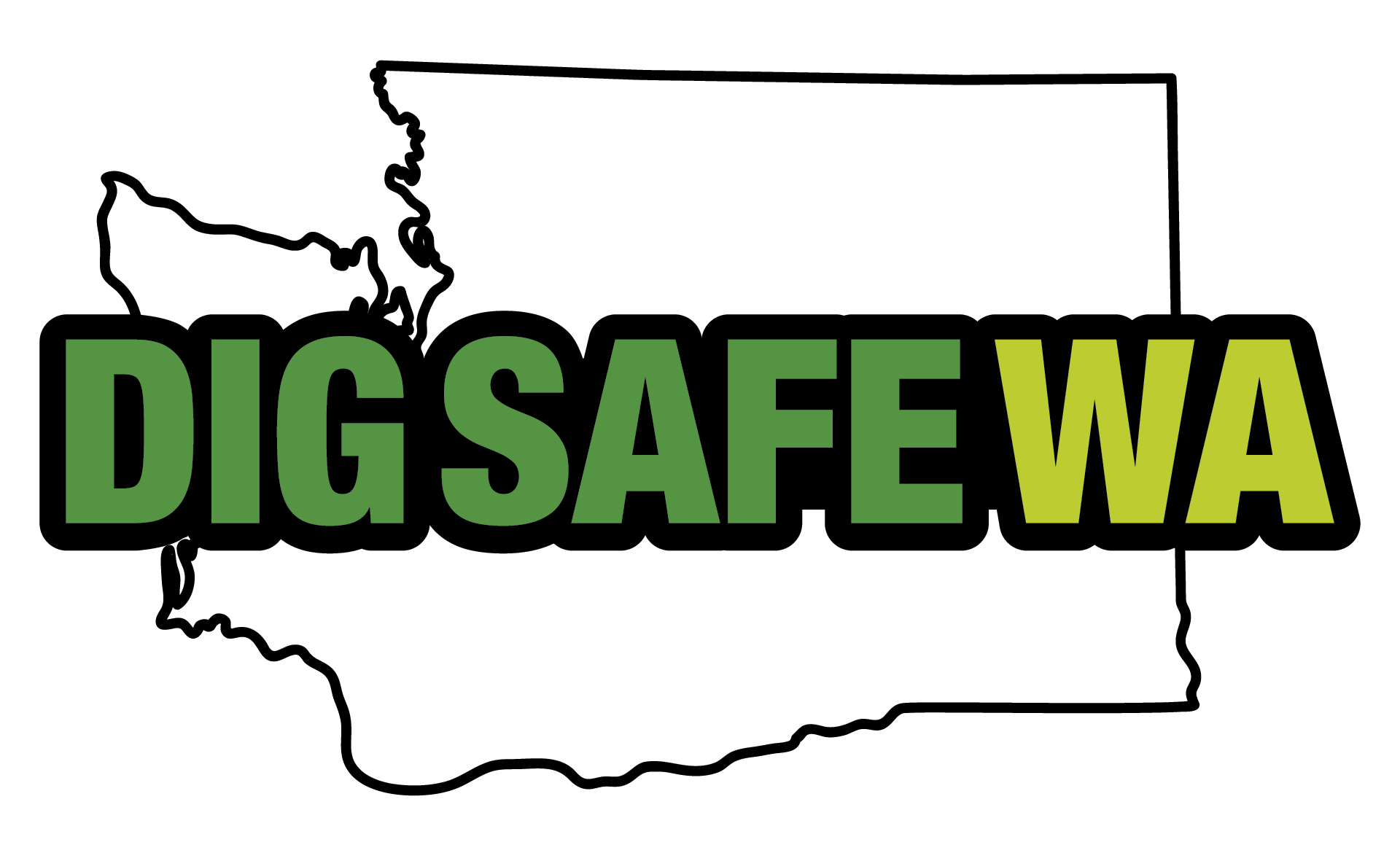Emergency Procedure
“Emergency” means any condition constituting a clear and present danger to life or property, or a customer service outage.
- An emergency excavation is exempt from marking the boundaries of the job in white paint.
- An emergency excavation is exempt from two business days’ notice provided that the excavator provides notice to 811 at the earliest practicable opportunity.
- An excavator who, during excavation, contacts or damages an underground facility shall notify the facility operator and 811.
- If the damage causes an emergency condition, the excavator causing the damage shall also call 911 to alert the appropriate local public safety agencies and take all appropriate steps to ensure the public safety.
- No damaged underground facility may be buried until it is repaired or relocated. The appropriate facility operator shall arrange for repairs or relocation as soon as is practical or permit the excavator to do necessary repairs or relocation at a mutually acceptable price.
- ALL facility operators and excavators who observe or cause damage to an underground facility must report the damage event via the D.I.R.T. system within 45 days.
